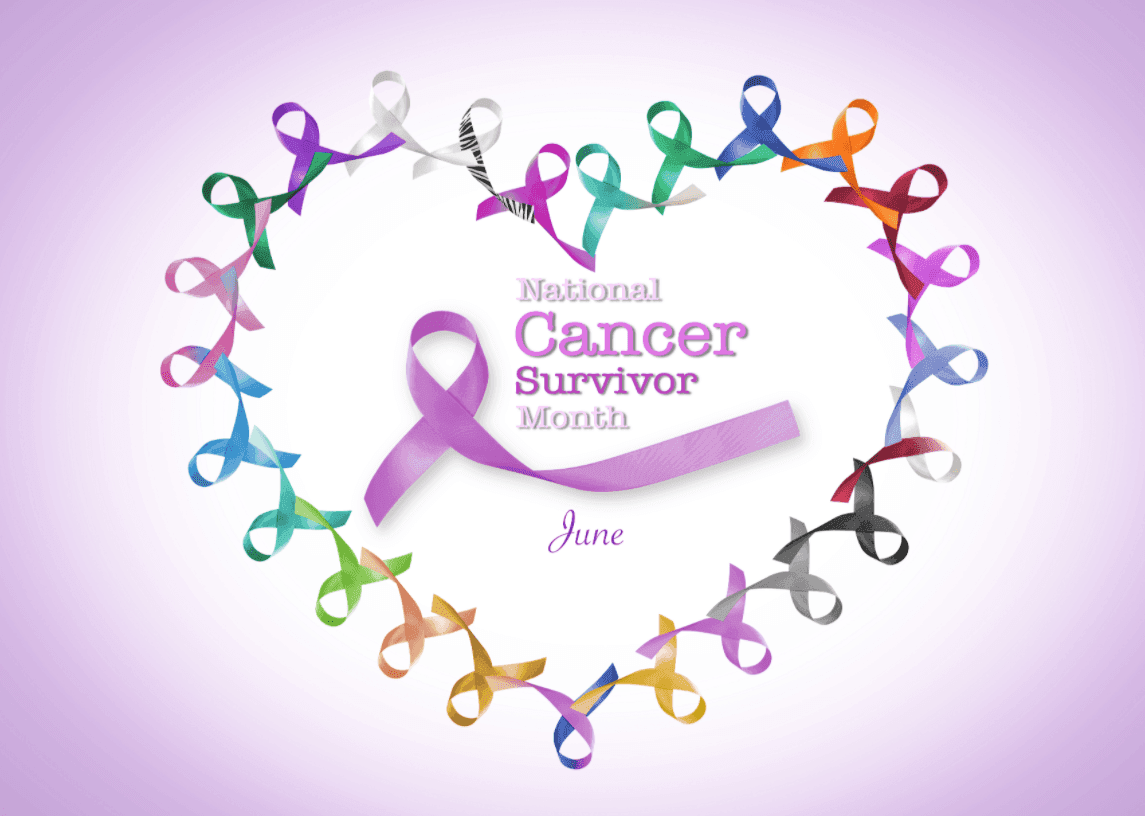
June 8, 2020
June is officially designated as National Cancer Survivor Awareness Month. Although there are many types of cancer, AAU focuses mainly on urology cancers, including prostate, bladder, kidney, and testicular. Each of these cancers has its own signs, symptoms, risk factors, and treatments.
Although prostate cancer is the second leading cause of cancer death for men in the United States, this does not mean that it is unbeatable. By taking appropriate measures and remaining knowledgeable about the signs to look out for, you can potentially save your own life or a loved one’s. The risk factors for developing prostate cancer include obesity, having a heavy smoking history, advanced age, African-American ethnicity, and having a family history of prostate cancer. During the early stages, prostate cancer is usually asymptomatic. However, once it has progressed, the symptoms may include difficulty with urination, bone pain, weight loss, loss of appetite, and blood in both the ejaculate and urine. Be sure to actively watch out for these symptoms, especially if you have one or more of the previously mentioned risk factors.
To determine if a patient has prostate cancer, Athens Area Urology usually begins the evaluation with a digital rectal exam (DRE), along with a blood test called Prostate Specific Antigen (PSA). From here, an abnormal DRE or elevated PSA requires further evaluation via a prostate biopsy and/or MRI of the prostate. If prostate cancer is determined, AAU will continue to monitor the situation and respond with the appropriate treatment option, which may include: surgery, radiation therapy, cryotherapy, hormone therapy, chemotherapy, watchful waiting, or active surveillance.
Bladder cancer is another form of cancer that AAU treats. The most common symptom of the disease is painless blood in the urine, but it can also be painful in some cases. The risk factors for developing bladder cancer consist of smoking, chemical exposure in the workplace, previous radiation therapy to the pelvis, recurrent infection, and long-standing urethral catheter. If bladder cancer is detected, our team at Athens Area Urology will help develop a bladder cancer treatment plan, which may include medical therapies and modern surgical techniques.
Athens Area Urology also helps detect and treat patients who have kidney cancer. When diagnosed early, the survival rate for this form of cancer ranges from roughly 79-100%! This is huge. Thankfully, around 20% of kidney masses found are non-cancerous or benign. Cysts are the most common form of benign growth. Kidney cancer is usually found during imaging procedures. If a patient is diagnosed with kidney cancer, our staff helps develop a specialized, specific treatment plan. The assortment of treatment plans can include active surveillance, microwave ablation, and surgery.
Despite being rare, testicular cancer is mainly found in men ages 15-34. The two risk factors include having a family history of testicular cancer and a history of an undescended testicle. The symptoms of testicular cancer may include swelling of the testicle, dull ache in the testicle, and a painless lump on the testicle. Our team at AAU can evaluate suspicious lumps found on the testicles with an ultrasound. From there, treatments depend on the types of tumor. An orchiectomy, which involves the removal of the testicle through a small groin incision, may be used for treatment.
If you believe you may have one of these forms of cancer or are showing any symptoms, be sure to give AAU a call at 706.612.9401 to schedule an appointment. You can also visit our website for more information. Together, we can continue to beat cancer.
- Athens Area Urology
- Patients & Visitors